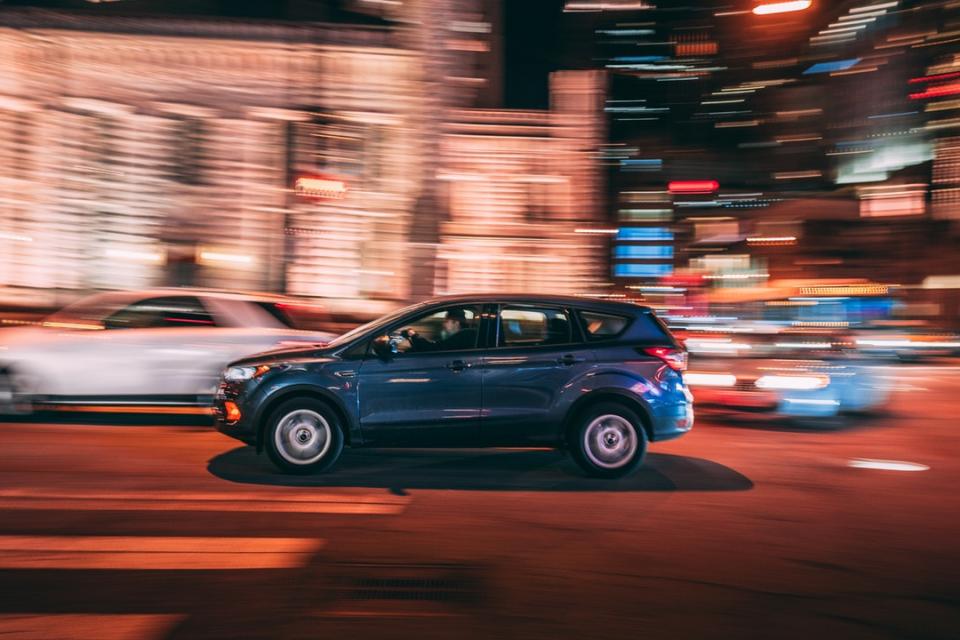Carbon pollution from new cars increased again last year, by 1.3% on average, according to the EU’s environmental watchdog, the EEA.[1] Green group Transport & Environment (T&E) said the repeated rise in car CO2 is due to manufacturers continuing to sell highly-polluting SUVs until the last possible moment before pushing cleaner models to comply with the 2020/21 climate target.
The provisional data shows that new cars sold in 2019 emitted 122.4 grams of CO2 per km – up 1.6g/km on the previous year’s average. Currently carmakers in the EU have to meet five-year emissions targets, with the last standard enforced back in 2015. This allows them to delay the roll-out of cleaner vehicles until the last minute. T&E said that during the planned review of CO2 targets in 2021, the EU should move to annual or bi-annual deadlines.
Julia Poliscanova, senior director for clean vehicles at T&E, said: “It’s a scandal that one year out from their CO2 target, carmakers are still pushing gas-guzzling SUVs. The EU must stop this maximising of profits at the cost of public health and the planet by bringing in annual or bi-annual emissions targets. That way carmakers will bring the zero-emissions cars they have developed to the forecourt quicker.”
Heavier and less aerodynamic – and therefore less fuel efficient – than other cars, SUVs now account for a whopping 38% of new cars sold in Europe – up from almost a third in 2018 and from 7% in 2008 [1]. The average petrol SUV sold last year increased its emissions to 134g/km while the average of other petrol cars sold was around 121g/km.
Worryingly, SUVs would qualify to receive post-Covid purchase incentives under emissions thresholds being discussed in Italy and Spain. T&E said no fossil fuel cars with emissions above 95g (which is the EU 2020/21 target) should receive taxpayers’ support.
Julia Poliscanova concluded: “Carmakers who recklessly choose to push lucrative SUVs are now asking for taxpayers’ money to prolong the polluting bonanza. National scrappage schemes should only support the transition to emissions-free cars and a more competitive, future-proof auto industry.”
Notes to editors:
[1] The EEA published provisional data for the average CO2 emissions from new passenger cars registered in the EU, Iceland, Norway and the UK in 2019.
https://www.eea.europa.eu/highlights/average-co2-emissions-from-new-cars-vans-2019
[2] Historic SUV and diesel EU market shares are from ICCT’s Pocketbook: http://eupocketbook.org/
By Eoin Bannon
Source: https://www.transportenvironment.org
CUT COTS OF THE FLEET WITH OUR AUDIT PROGRAM
The audit is a key tool to know the overall status and provide the analysis, the assessment, the advice, the suggestions and the actions to take in order to cut costs and increase the efficiency and efficacy of the fleet. We propose the following fleet management audit.




